Rentvesting: an option for first-time buyers
With today’s cost of living pressures and the median dwelling value in Australia now at $794,000, many young Australians feel like they’ll never be able to enter the property market.
However, it’s important to remember there’s no one-size-fits-all approach to buying your first property. For some, it could be a home to live in. For others, rentvesting makes more sense as it can offer a great alternative to get a foot up on the property ladder.
What is rentvesting?
Rentvesting is when you rent where you want to live and buy where you can afford.
By rentvesting, you can earn an income from your rental property, pay off the mortgage and potentially cover the costs of owning the property, all while continuing to live in a suburb you enjoy.
Why do people choose to rentvest?
One of the biggest motivators of buying an investment property is the potential to make a return via capital growth. This is when your property increases in value over time.
If you’re positively geared (that is, the rental return is higher than your home loan repayments and other property expenses), a rental property can also offer you an additional income stream.
Another reason people choose to rentvest is that it’s another way to enter the property market, without having to purchase a home to live in. Maybe you’ve grown fond of your inner-city apartment (that’s unfortunately out of your price range) and don’t want to move out to the “burbs”? With rentvesting, you can own your own slice of real estate where you can afford and still have the flexibility to live where you want to live.
What to know before going ahead with rentvesting
1. Potentially smaller deposit, but fewer government perks
If you choose an investment property that’s more affordable than the home you intend to live in one day, your deposit will be smaller. It might be easier to save a deposit if you go down the rentvesting route.
However, because you’re an investor and not a first-home buyer, you won’t benefit from government schemes such as the First Home Owner Grant and First Home Super Saver Scheme, which would only apply if you were living in the property.
2. There are ongoing costs to factor in
If you’re rentvesting, you’ll need to budget for all of the costs associated with owning the property (e.g. the mortgage repayments, management fees, rates, water bills, maintenance, insurance, and strata levies if it’s under a body corporate scheme).
Keep in mind, the rental income may cover some, if not all, of these costs. You’ll also need to cover your own rent too.
3. Investor loans could come with higher interest rates
As a rentvestor, you will have an investor loan. These typically come with higher interest rates than owner-occupier home loans.
This means your mortgage repayments may be larger than if you were living in your own home.
4. There will be tax implications
At tax time, your accountant will ask for information about your investment property, including the rental income and expenses (most of which can be claimed as tax deductions).
Your accountant can guide you about the tax implications of owning a rental property, such as the potential for capital gains tax (if your property goes up in value) when it comes time to sell.
Like to know more?
If you want to get started in the property market sooner rather than later, rentvesting could be the way to go.
To explore your finance options, get in touch. We’ll help you work out whether rentvesting is right for you.



